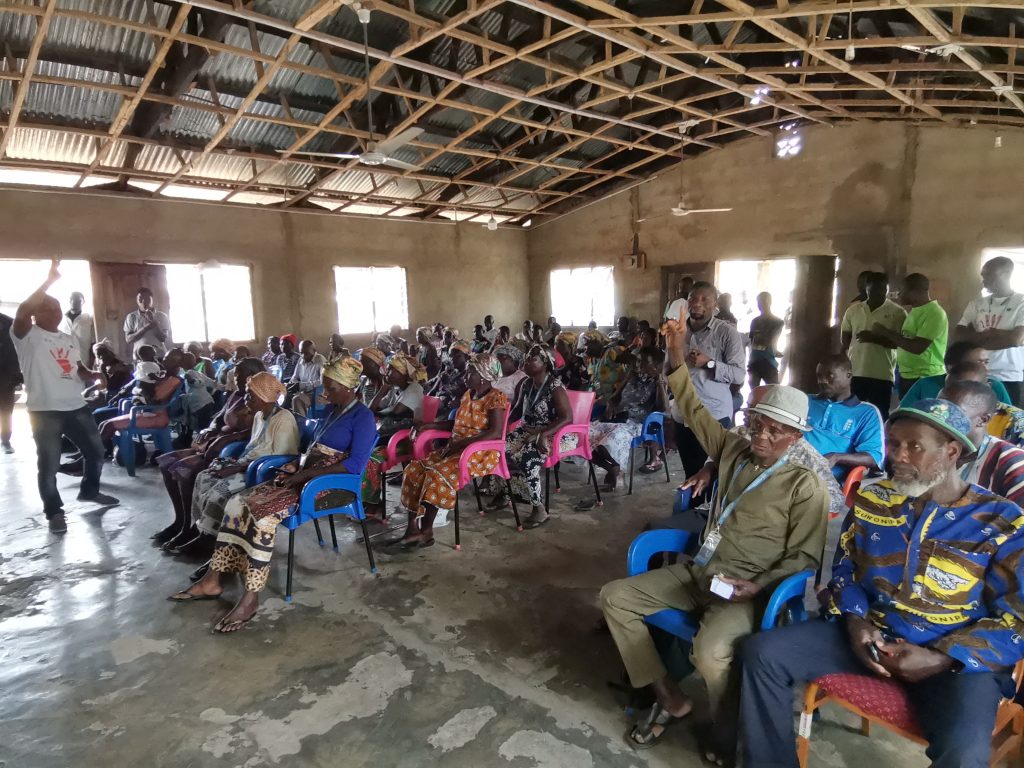By Priscilla Oye Ofori
Accra, Oct. 3, GNA— Ms Dakoa Newman, the Minister for Gender, Children and Social Protection, announced on Thursday that the government would reevaluate the Livelihood Empowerment Against Poverty (LEAP) Programme.
The reassessment aims to ensure that the funds are allocated to the appropriate beneficiaries.
Ms. Newman made the announcement during the monitoring of the 91st and 92nd LEAP payments to beneficiaries in Kwaboanta and Dokrochiwa, in the Ayensuano District of the Eastern Region.
The 91st payment cycle covers May and June 2024, while the 92nd cycle is for July and August 2024.
The LEAP programme offers cash support and health insurance to extremely poor households in Ghana to reduce short-term poverty and promote long-term human capital development.
“The good thing is that the reassessment will lead to the right people that we need that fall into these categories on the LEAP.
“As of now people complain if it is the right people who are receiving it,” Ms Newman said
She said the reassessment would also address existing issues to ensure the right individuals benefit from the programme.
The Minister also disclosed the Ministry’s intention to expand the programme to include more participants.
She noted that for the combined payments of the 91st and 92nd cycles, households with one eligible member would receive GHC 512.00, while those with two eligible members would receive GHC 608.00.
Households with three eligible members would receive GHC 770.00, while those with four or more eligible members would get GHC 848.00.
Nationwide, 325,470 households are set to receive payments, benefiting about 1,461,181 individuals, with a total grant amount of GHC 204,970,848.00, excluding charges.

In the Eastern Region, 23,289.00 households are to be paid GHC 14,987,952.00.
In the Ayensuano District, a total of 417 households would receive GHC 281,616.00, including 40 households from the Kwaboanta community and 21 households from the Dokrochiwa community.
Ms. Newman urged beneficiaries to use the grant for its intended purposes.
Mr Kojo Asamoah, a caretaker for a beneficiary, disclosed that he had been receiving funds for his grandson and had used the grant to raise livestock since the programme began.
He said that he used the funds to cover the boy’s educational expenses and provide for his needs.
Madam Sarah Asare, another caretaker, said that she uses the grant for her grandson’s food and education.
She expressed her appreciation to the government for the support.
GNA